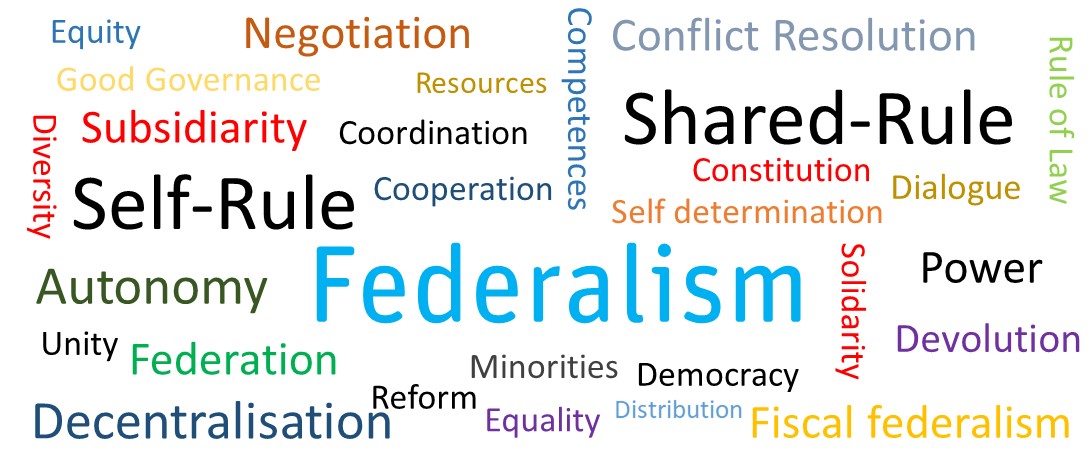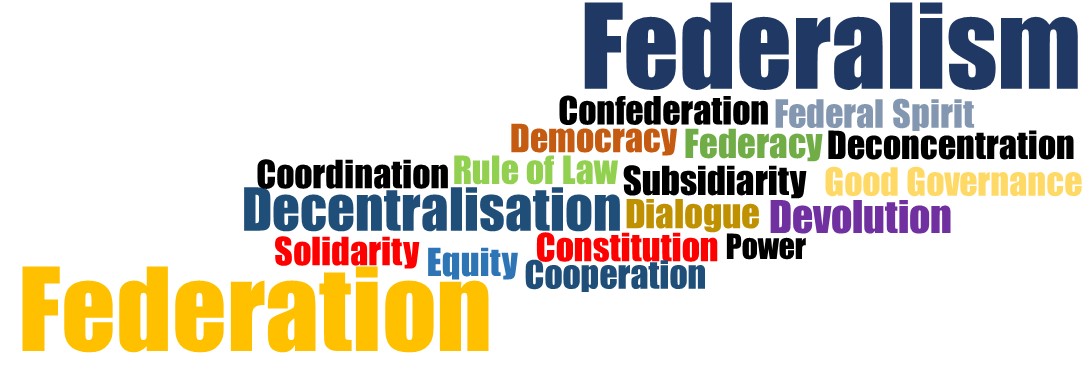Abstract
Traditional federal theory seems no longer apt to grasp recent evolutions in state structures. By delimiting federal states in terms of defining institutional features, federalism scholars put themselves at the margin rather than the centre of where the action is: fragmenting dynamics in multinational states, secession movements, as well as centralist and decentralist tendencies within the European Union. In a dynamic approach to federalism, all multi-tiered systems are assembled with a common denominator being how they manage tensions between autonomy claims of territorial entities on the one hand, and the need for cohesion or efficiency of the central government on the other. In this approach, qualifying criteria to categorise state structures become mere indicators to rank multi-tiered systems on a gliding scale from the most central to the loosest systems. The ranking is based on three sets of indicators, one measuring autonomy, another measuring cohesion and a third, linking both, measuring participation. The core question examined in this contribution is: which mechanisms in the constitutional system have a centralising or decentralising effect?










